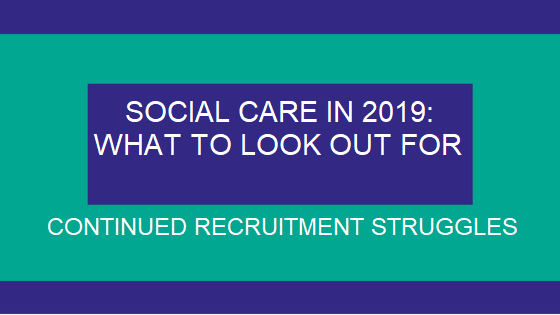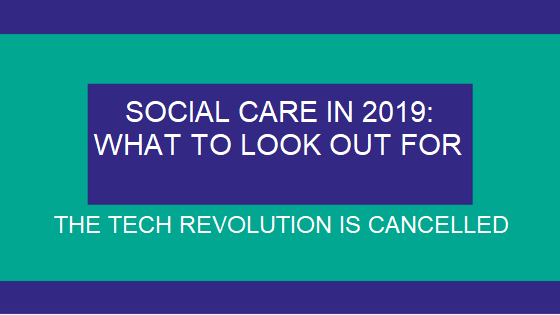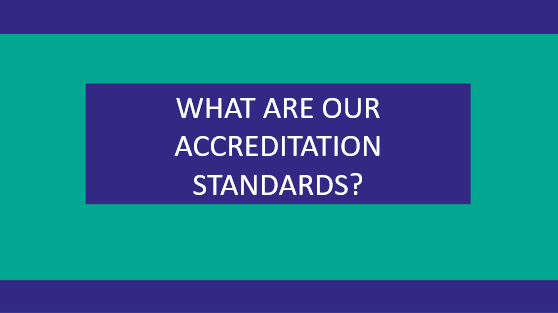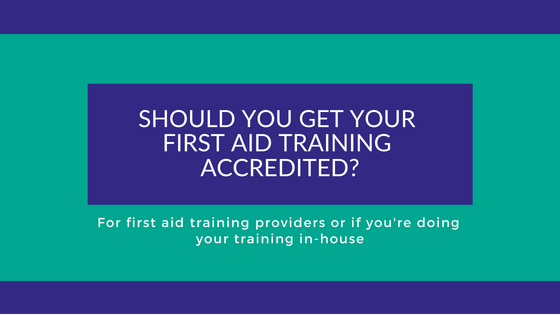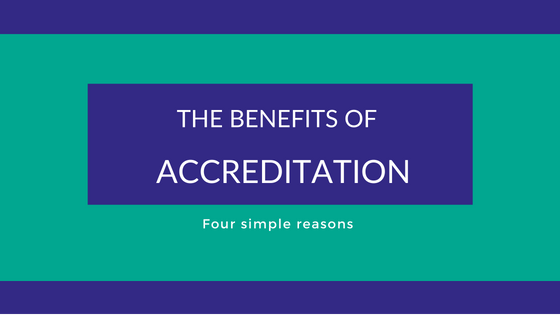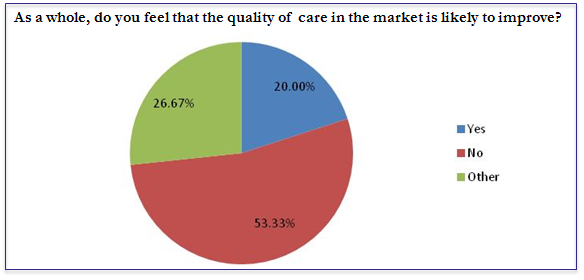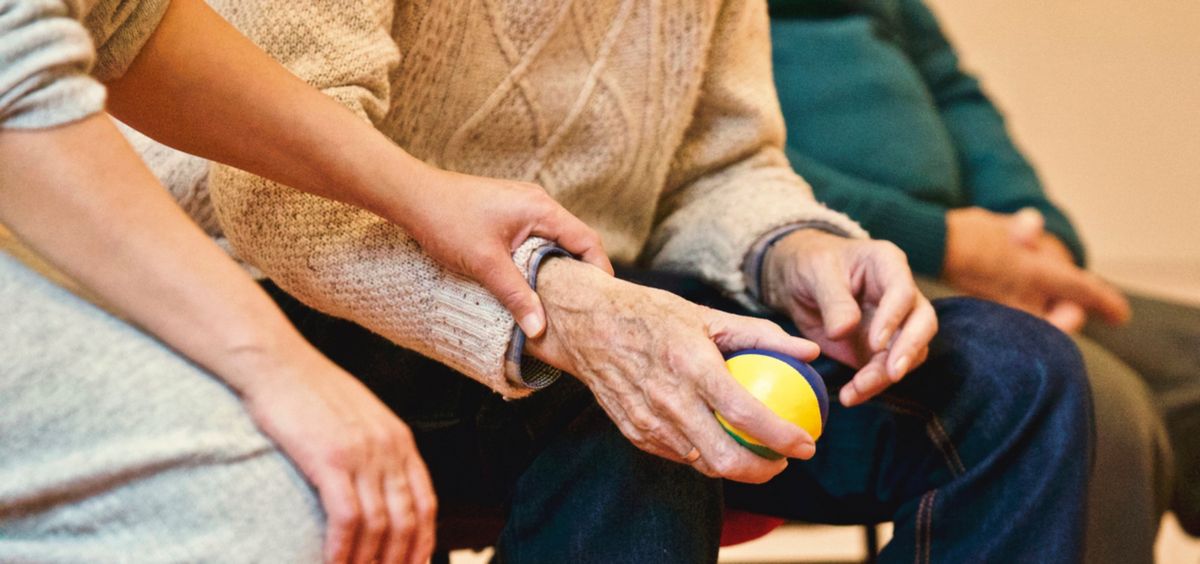As of 1st April 2022, new Liberty Protection Safeguards (LPS) will be in force. Many people in the UK who lack the mental capacity to consent to care experience deprivation of liberty. This enables care for those with dementia, autism, learning disabilities, etc. Significant court cases were a major factor in changing the Deprivation...
Social Care Trends in 2019: Continued Recruitment Struggles
Recruitment has always been an issue for the care sector and it is likely to endure. The sector forecasts a shortage of 350,000 workers by 2028 assuming no significant changes are made. In reality, slow but steady technology improvements, provided the funding emerges, will chip away at this number. In the short-medium term, though,...
Social Care Trends for 2019: More Focus on Loneliness
2018, as well as an increased emphasis on mental health across all ages, saw numerous campaigns on loneliness among Britain’s older population (and to a lesser extent, in its young people too). Many of those older people who are lonely, of course, are not the types to be on social media campaigning themselves. Change...
Reablement: a brief introduction
Reablement is becoming an increasingly hot topic in the health and social care sector. As budgets continue to come under pressure, reablement offers a way to reduce costs for councils whilst maintaining peoples’ independence. In 2018, we released an ebook that covered the basics of reablement. We have now produced this in a blog...
Social Care Trends for 2019: The Tech Revolution is Cancelled
In our Future of Care Report, we forecast that eventually automation, AI and robotics would help change social care for the better, reducing costs and raising outcomes. Of course, this a long-term trend which is likely to take years. Health and social care, in particular the NHS, is oddly conservative when it comes to...
Social Care Trends for 2019: Funding and the Green Paper
2019 is likely to see social care funding remain a top issue for British politics. The sector and the public are both awaiting a much delayed green paper on the issue. It’s likely, however, to disappoint more than it will solve. The government has been talking of reform to social care in England –...
The NHS Long-Term Plan: What it means for training
The Government published its long-term plan for the NHS this week. We’ve looked at what it means for mandatory, clinical and specialist training for the next decade: Focus on mental health There has been a huge emphasis on mental health in the media and in politics in recent times, and this has carried...
What are our accreditation standards?
Advantage is an independent accreditation body. This means that our Awards and the courses of our centres are accredited against national frameworks and standards. Here is a brief overview of what we map all courses, lesson plans, syllabi, assessment materials and other resources against to robustly test quality: Legislation and Regulation Most training in...
Why get your first aid training accredited?
Ever since the HSE deregulated (in a manner of speaking) the first aid training market, the number of providers has increased and differentiation has become more difficult. Awarding bodies and accreditation bodies often pitch themselves to first aid training providers as being to help them overcome the competition. But what’s really the case for...
Benefits of accreditation
Regardless of your sector, there are many different accreditation schemes available. Some people automatically reach for accreditation services, whereas others seek to go it alone. But what are the actual benefits of getting yourself accredited? 1. Confidence to regulators and external bodies Every sector has regulators, although some are more involved and prescriptive than...
What you need to complete the Care Certificate
The Care Certificate was launched in April 2015. At the time and since, it has been subject to many myths and misconceptions. What is the Care Certificate? What do your staff need to do to be able to complete it? What is the Care Certificate? The Care Certificate is a set of 15 standards...
What does accreditation mean?
We hear and read a lot about accreditation (especially us), but what does it actually mean, both in theory and in practice? We attempt to summarise. A definition of accreditation Accreditation is the external recognition of your adherence to a set of standards to perform an activity or hold a certain status. Typically, accreditation...
Many pessimistic about the future of care
The results of an Advantage survey for a new report on the Future of Care show that many in the care sector are pessimistic about the future of the sector and the quality of care. The survey asked respondents to rate their optimism about the future of the sector out of 10, with 10 being...
Person-centred approach – training and development
Person-centred care should be at the heart of any health and social care provider’s approach to care. But how do we embed it into training and development? The person-centred approach framework released by Skills for Health, Skills for Care and Health Education England includes a section advising organisations on how to embed these approaches using...


